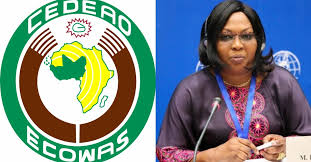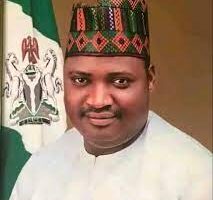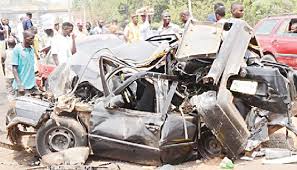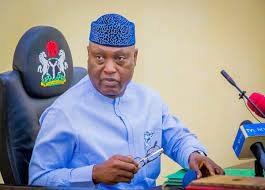The 6th ECOWAS Parliament has elected Ibrahim Maimunatu, a female from Togo, as the Speaker of the Parliament.
She was the first female Speaker to be elected in the Parliament’s history.
During her investiture speech, she expressed gratitude to the Parliamentarians for entrusting the fate of the Parliament for the next four years to her.
“I’m grateful for the honour conferred on me. I commended the Chairman of the ECOWAS and Nigeria’s President, Bola Ahmed for entrusting the 6th Legislature to my country.
“This is the first time the leadership entrusted to a woman, this, has proven the vision of ECOWAS youth and women should be protected. This has further demonstrated the aim and passion of Togo President Faure Essozimna Gnassingbé who always supports youths and women, particularly with the introduction of the legislation to support youths and women in Togo,” she said.
She gave the assurance that she would leave no stone unturned to meet the expectations of the member states.
She commended the Deputy Speaker of the Parliament, Barau Jibrin, who “has demonstrated his skills, commitment, determination, and leadership style in bringing the Parliament to its current stage.”
She lamented that the re-insurgence of terrorism and coup d’état in Niger Republic, Burkina Faso, and Mali as well as climate change were some of the issues bedeviling the sub- region.
The new speaker stressed that the Parliament would collaborate with member states to address the challenges facing the West African region.
“The Parliament will work together towards realisation of its five pillars envisaged in Vision 2050, including a secure, stable and peaceful region; a region endowed with strong institutions, and that complies with the rule of law and fundamental freedoms; a fully integrated and prosperous region; a region mobilised for transformation, inclusive and sustainable development.”
Earlier, Jibrin noted that the Extraordinary Session held in Kano was to bring the Parliament to the people of the state.




